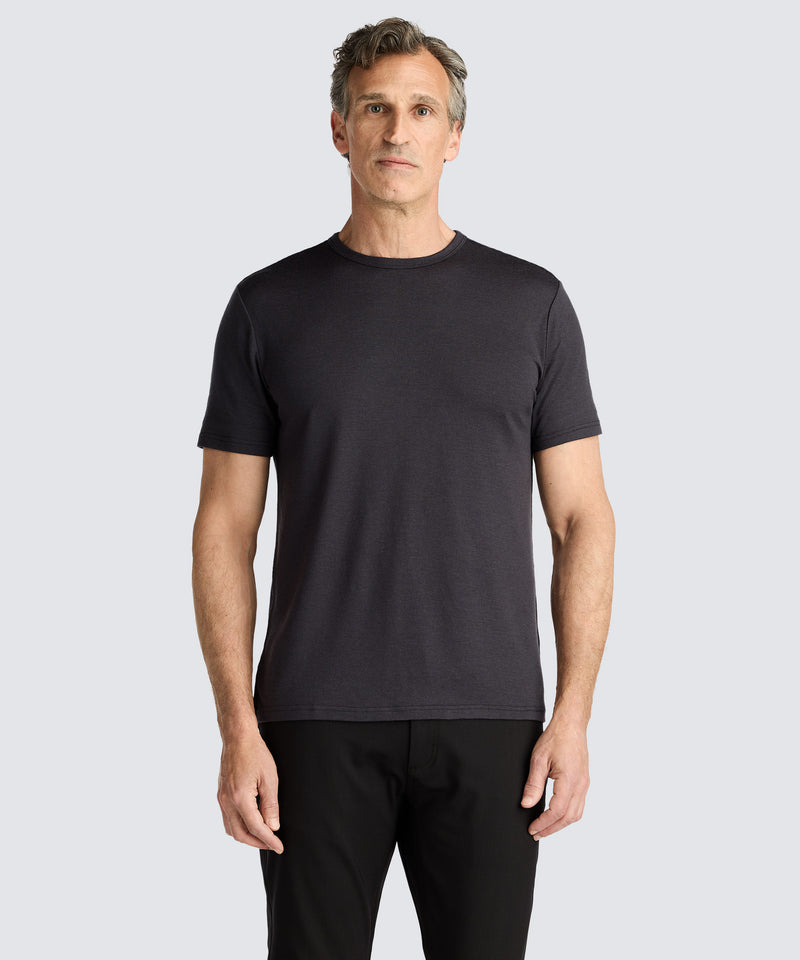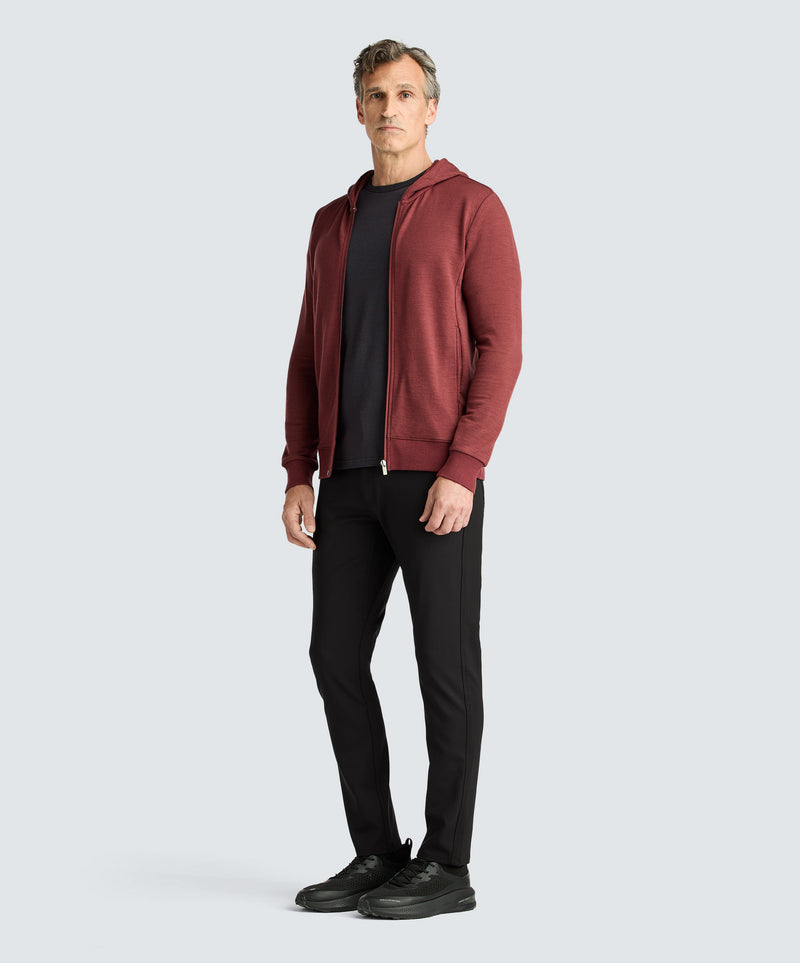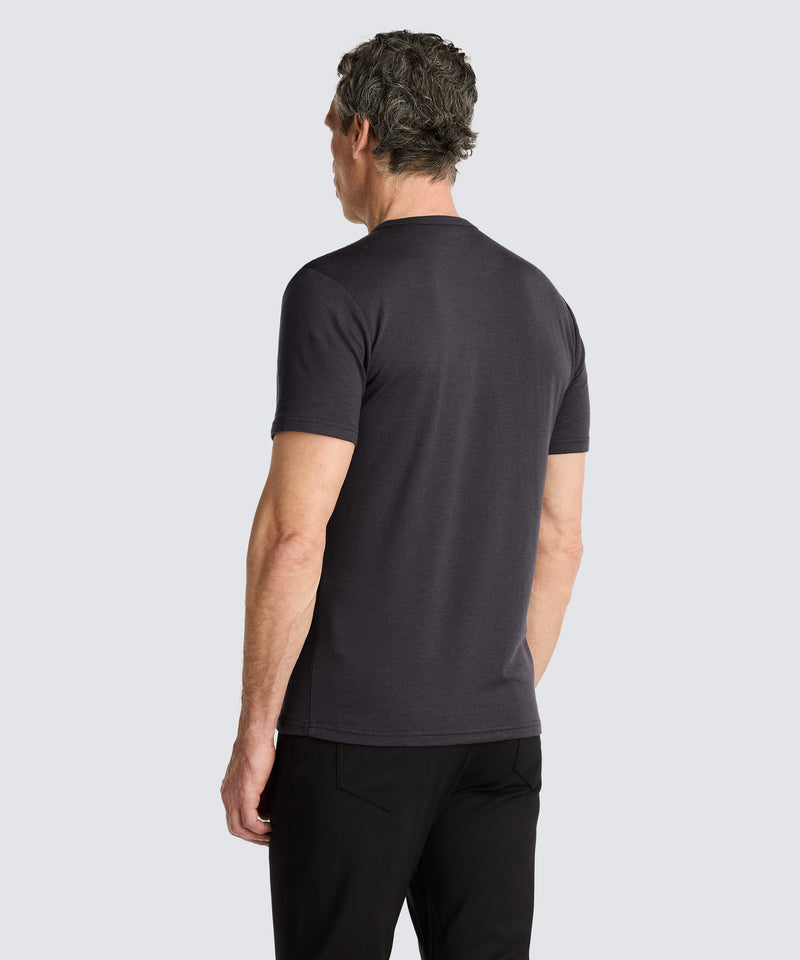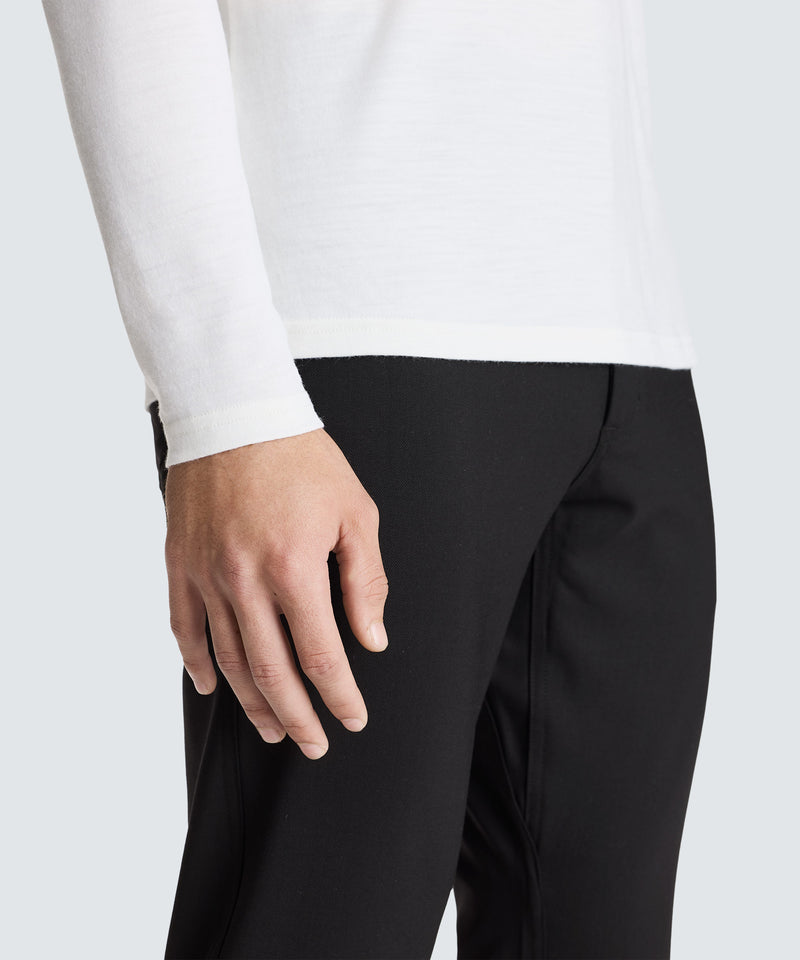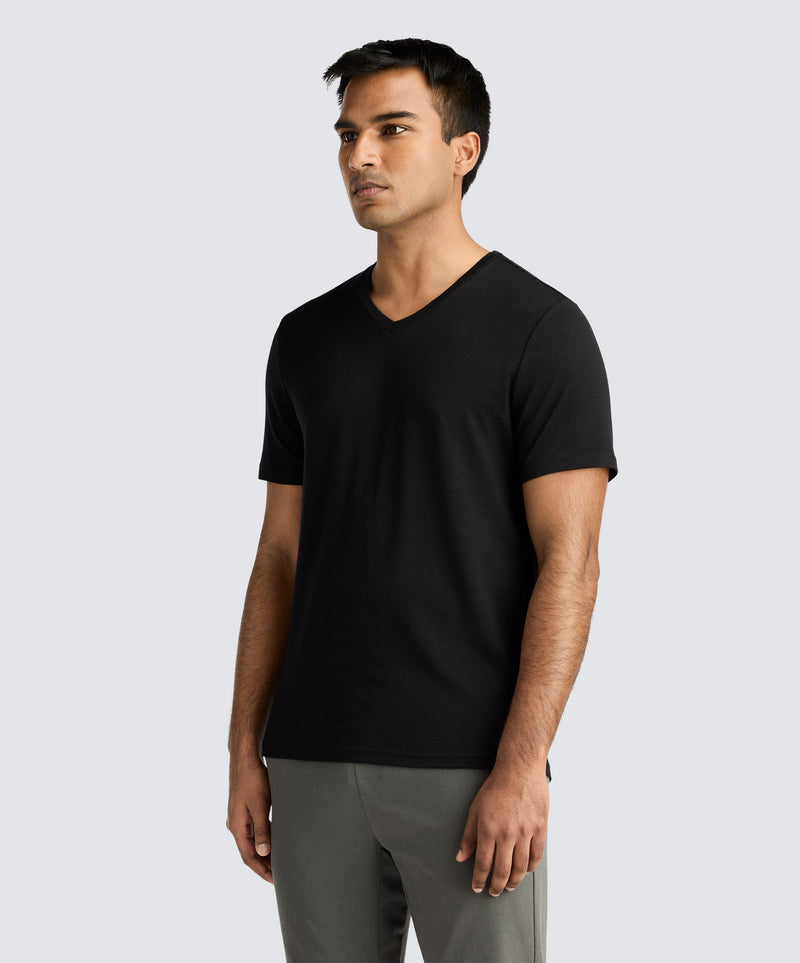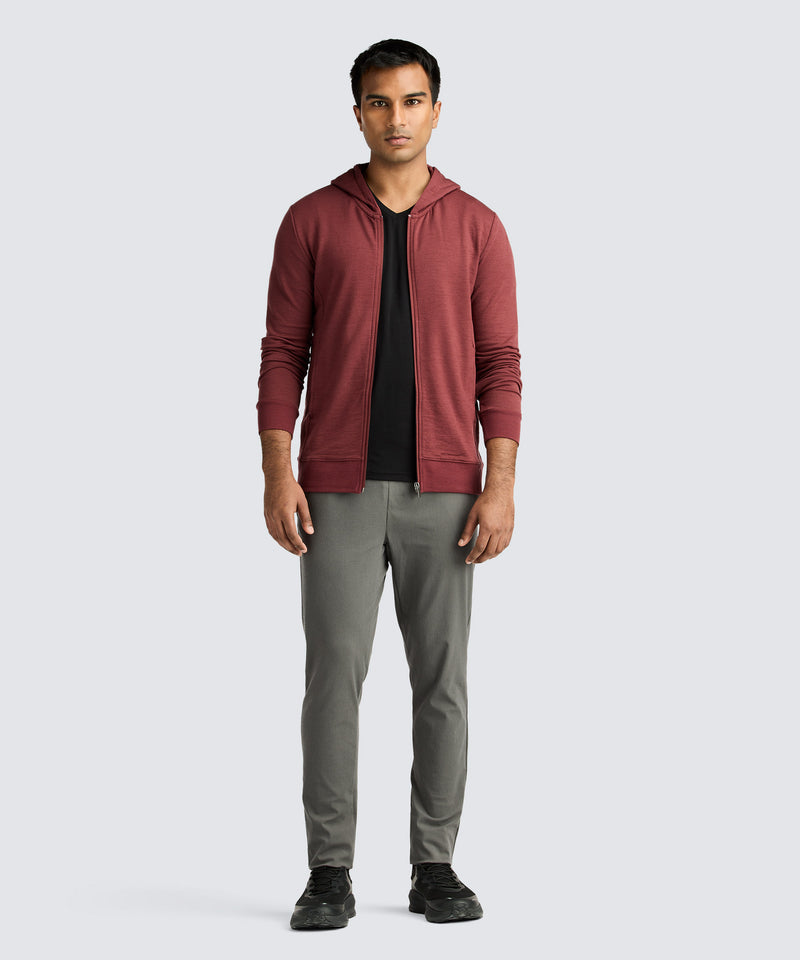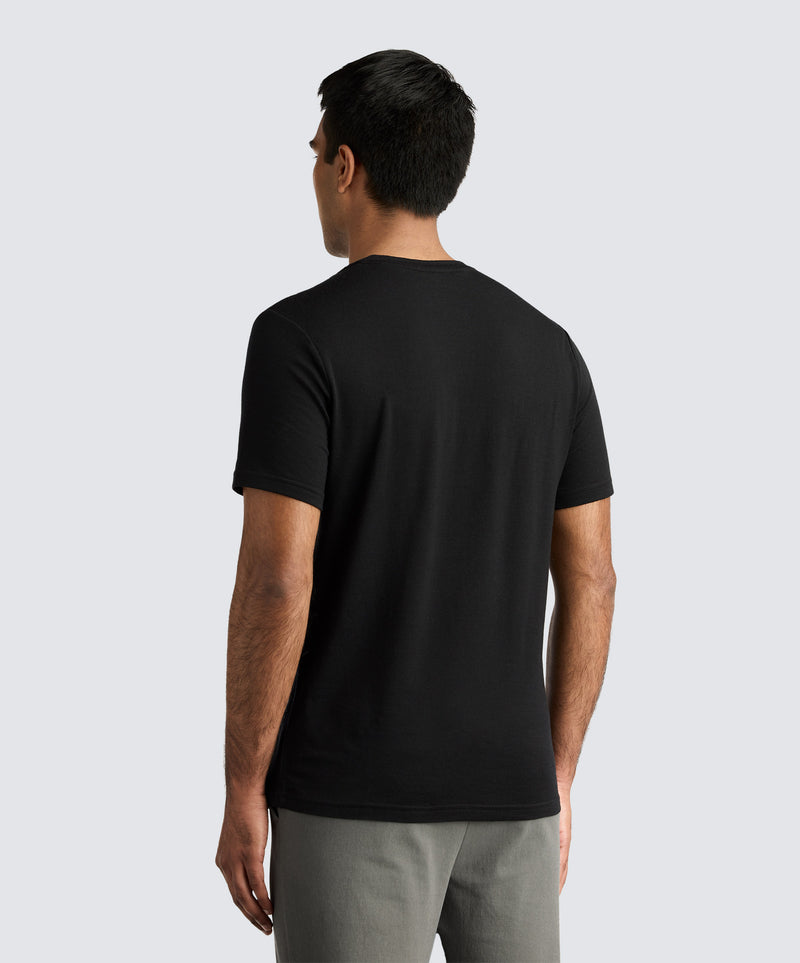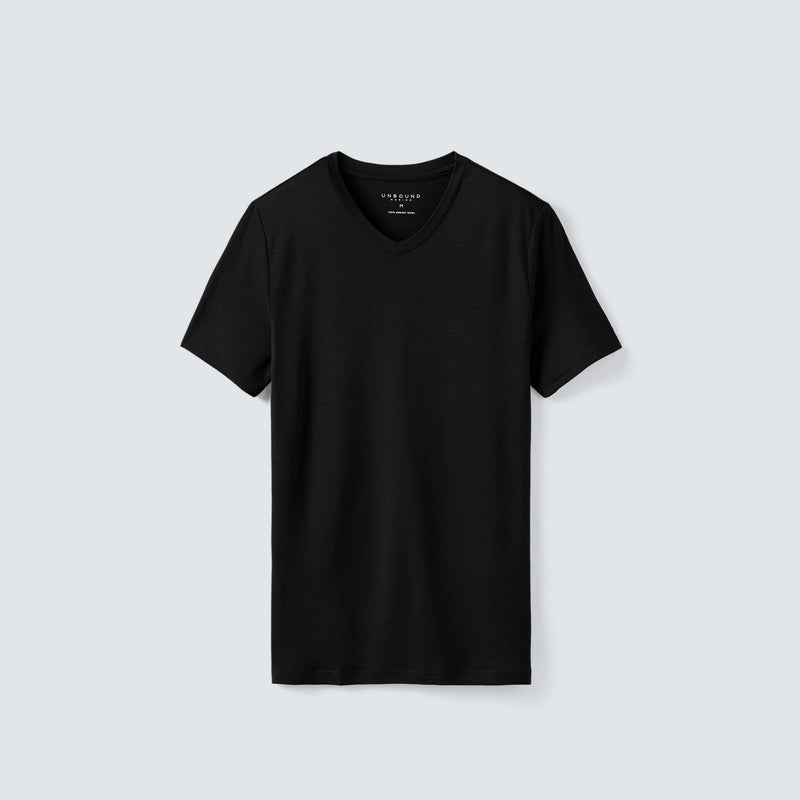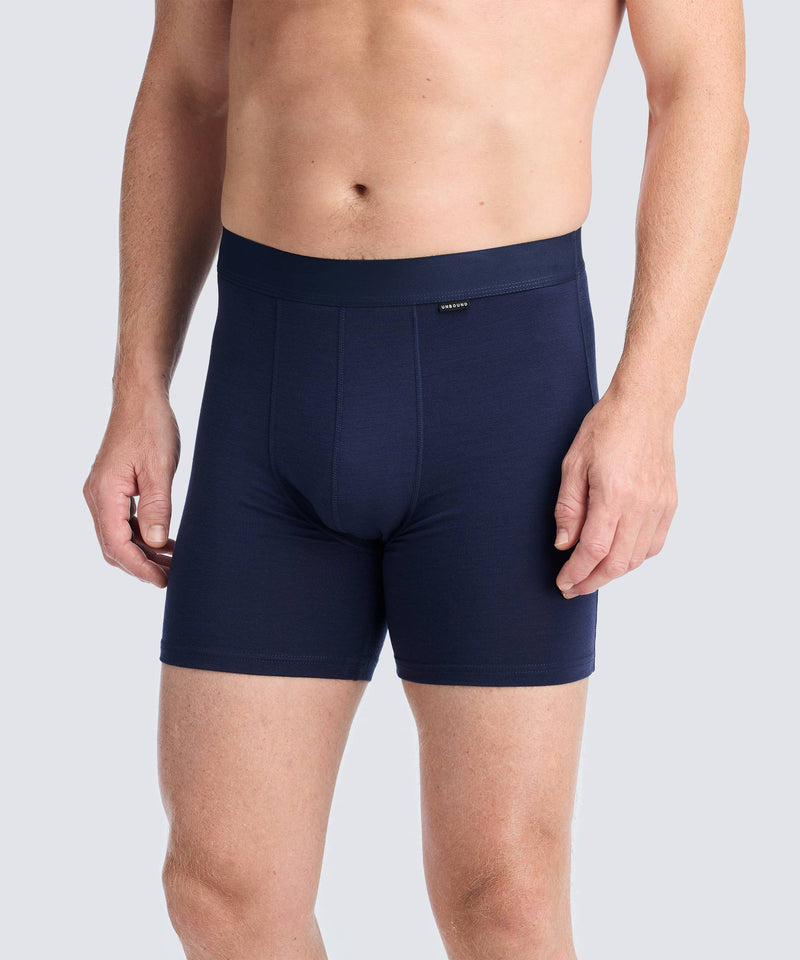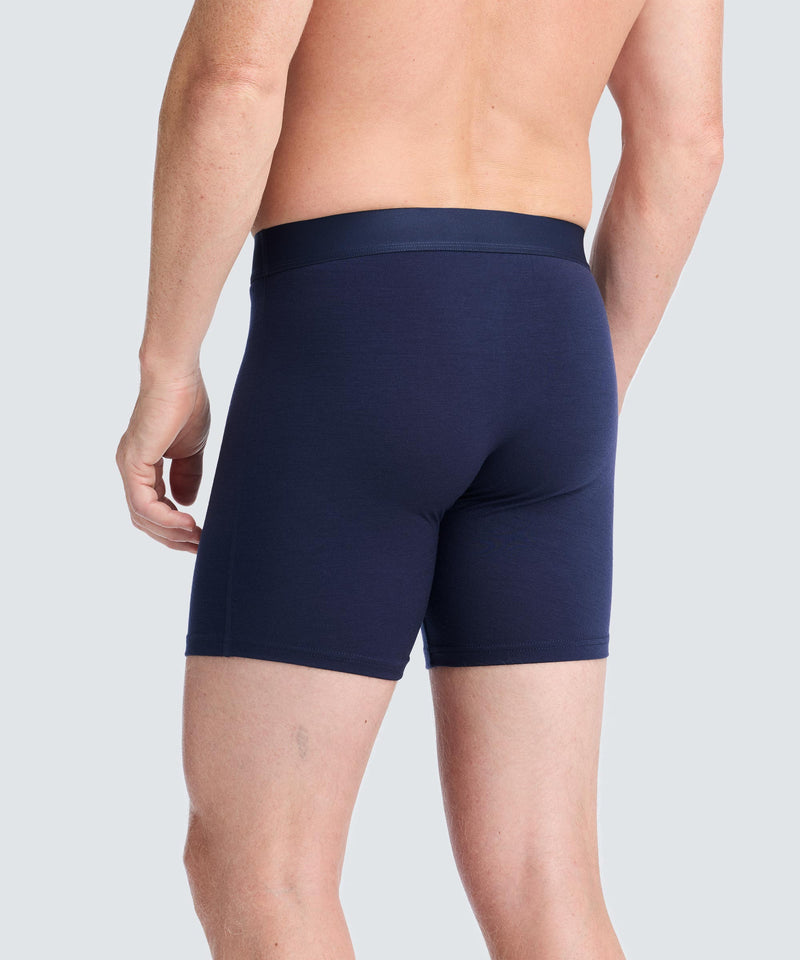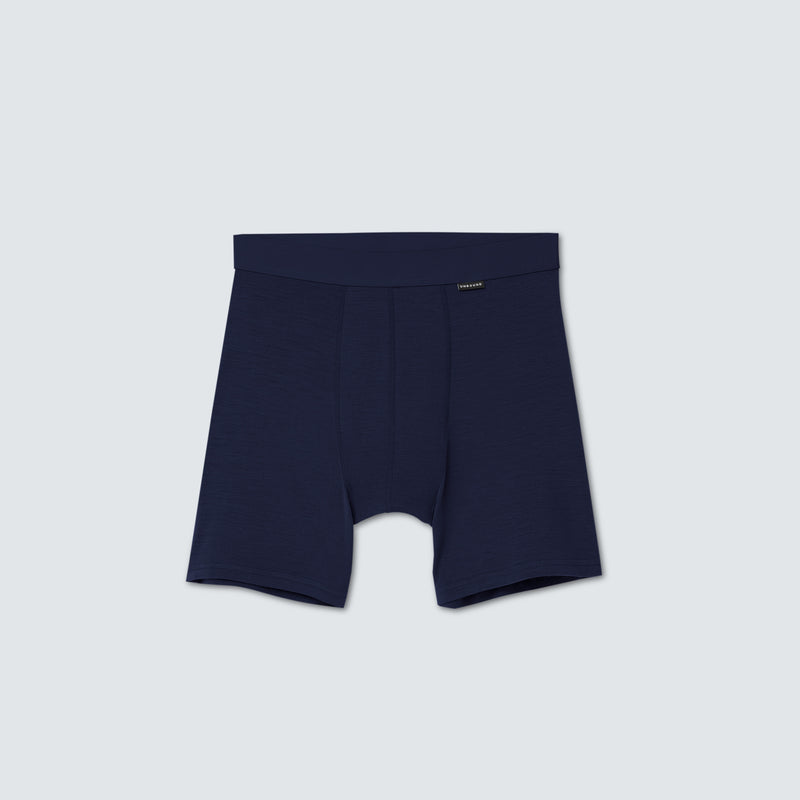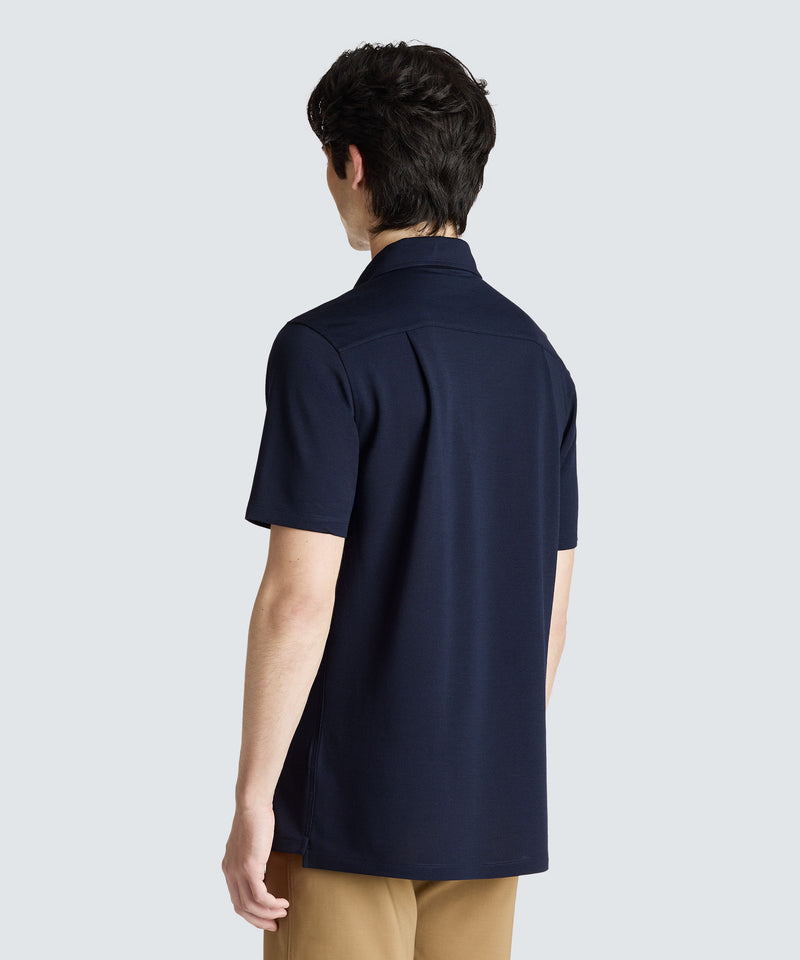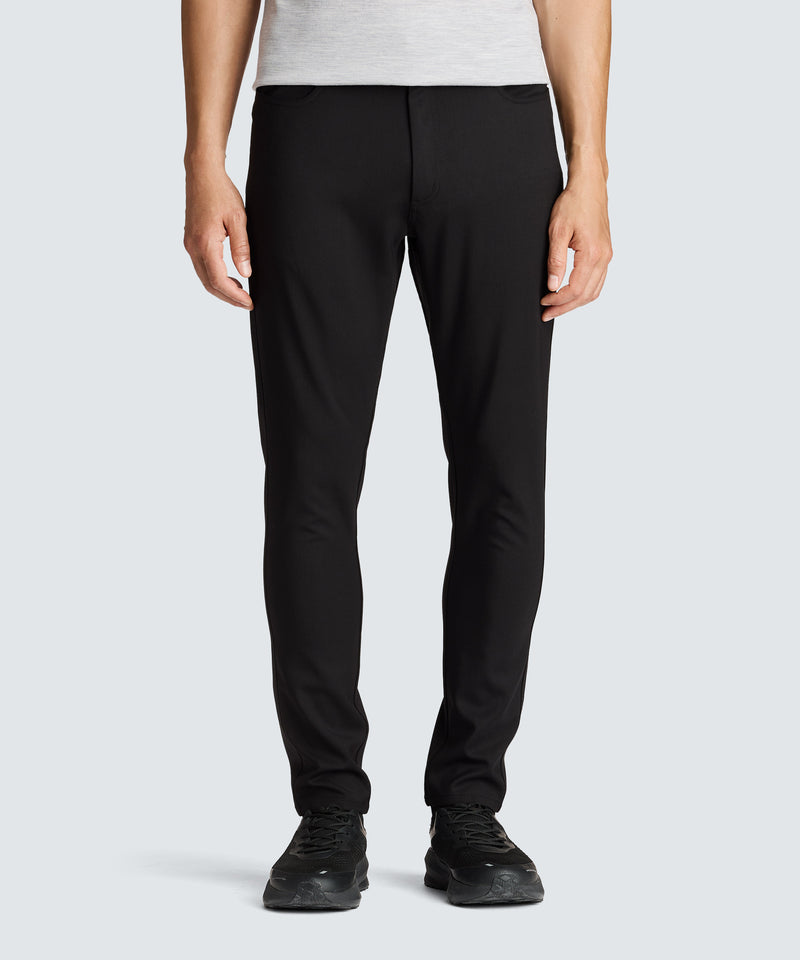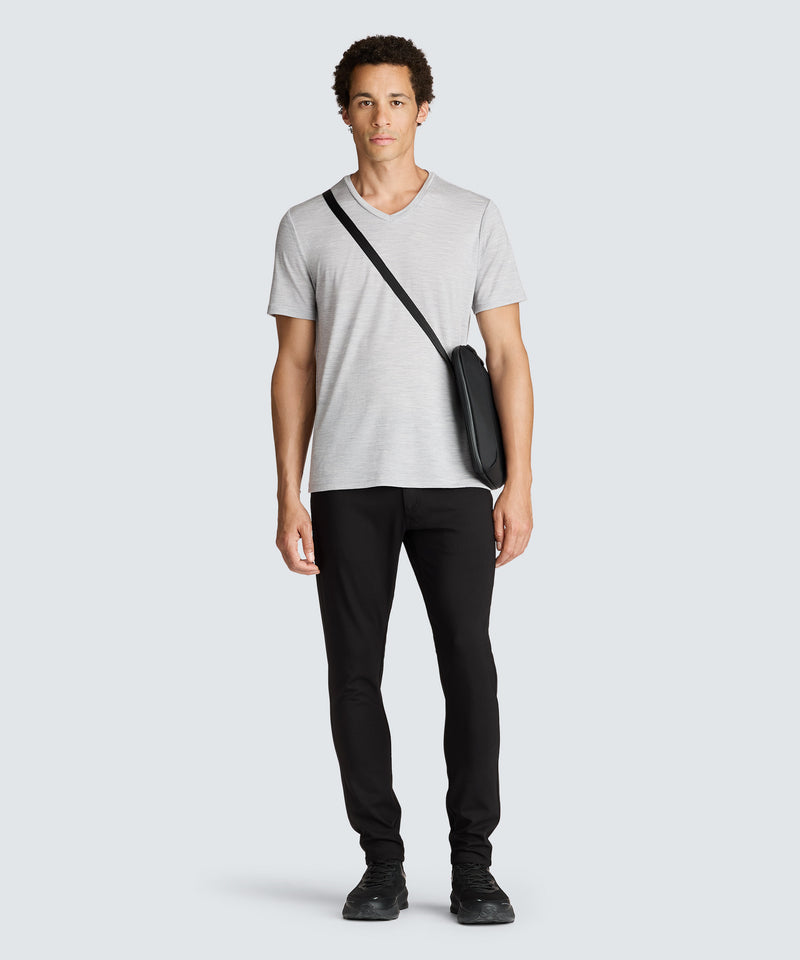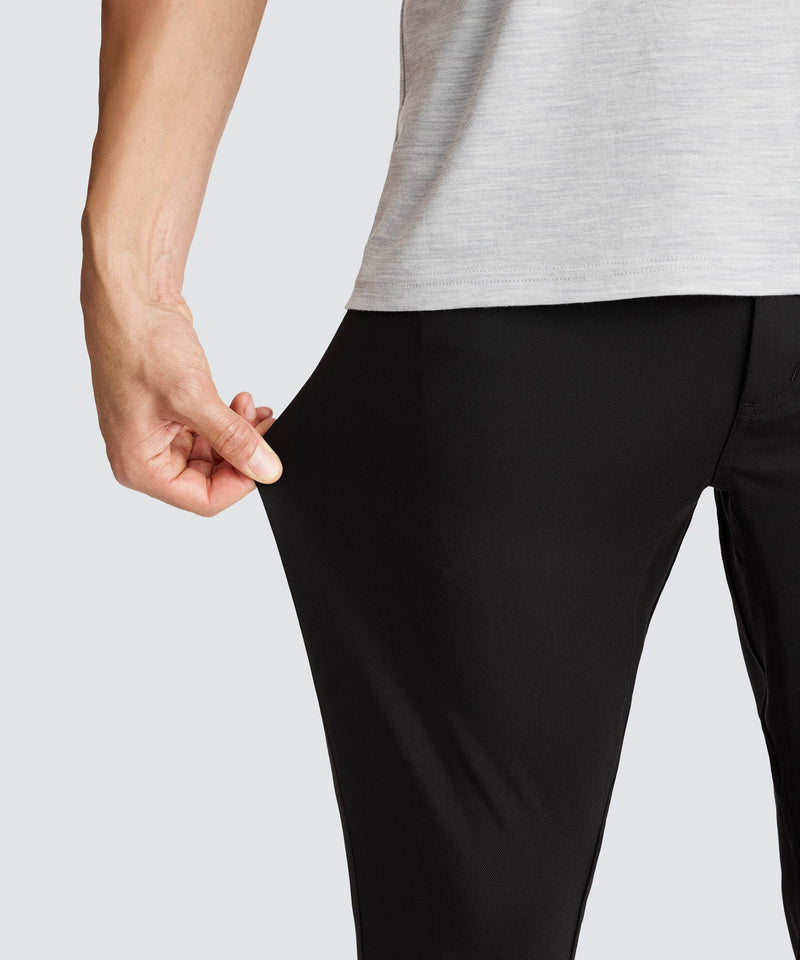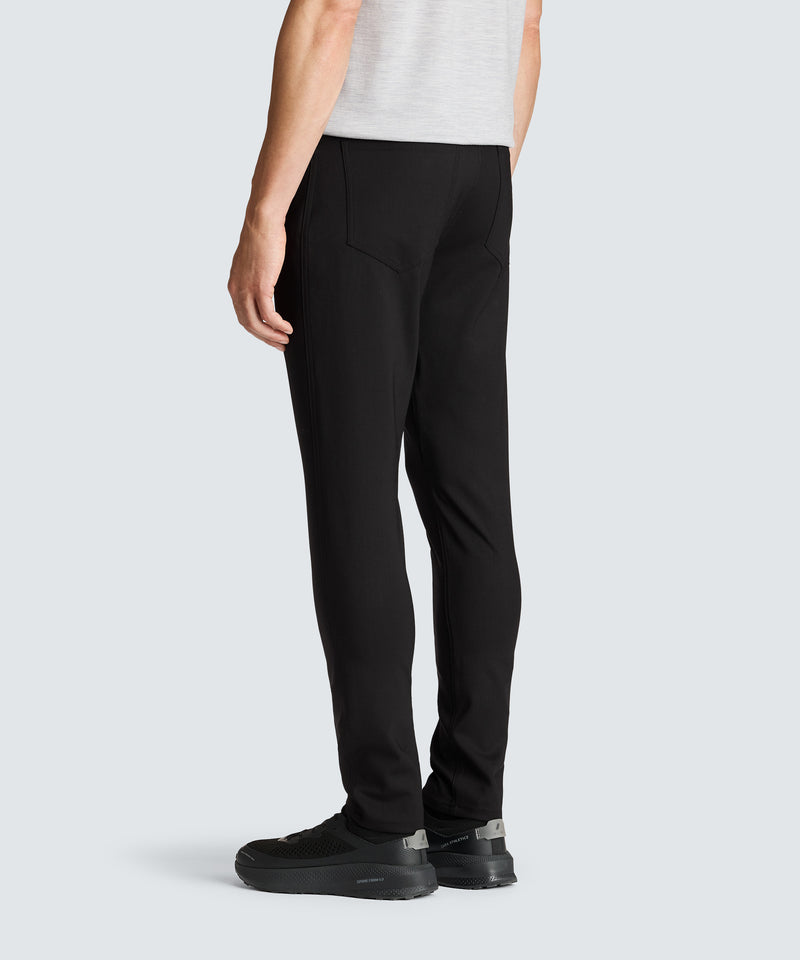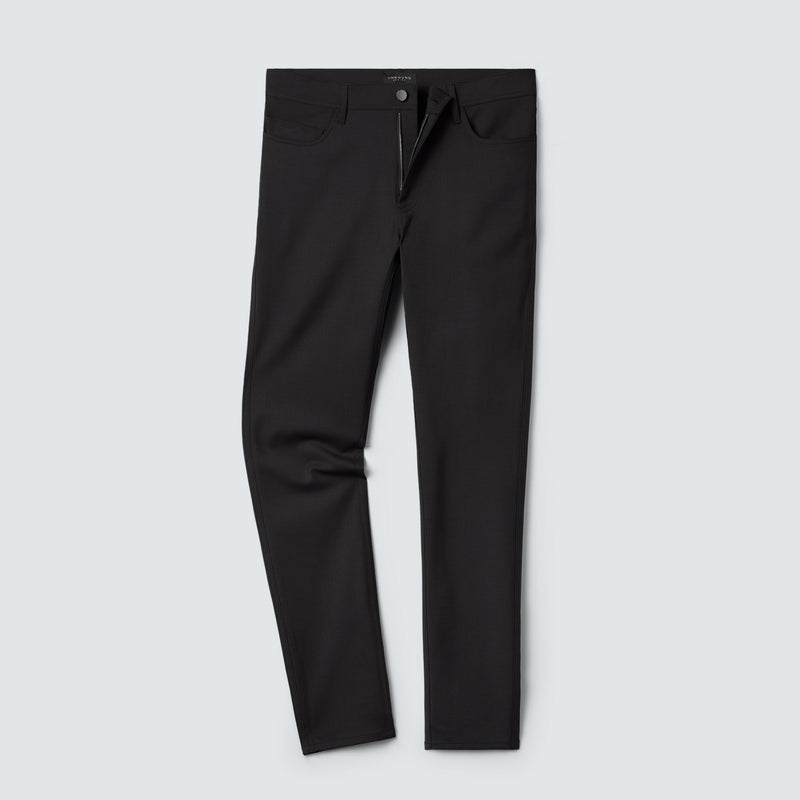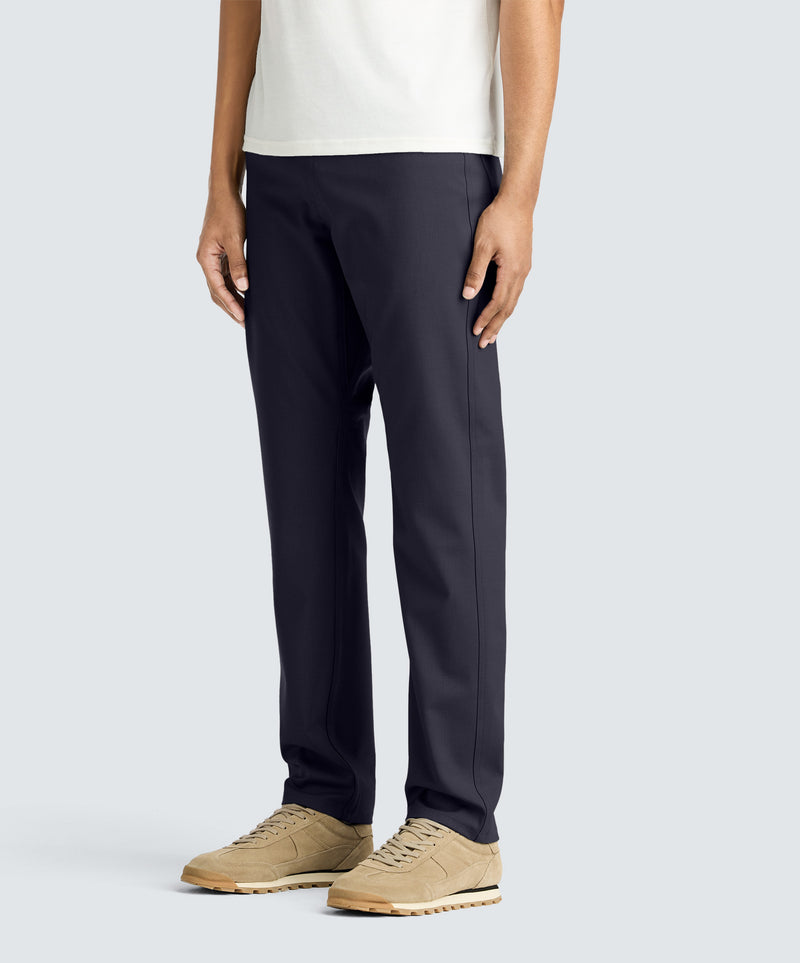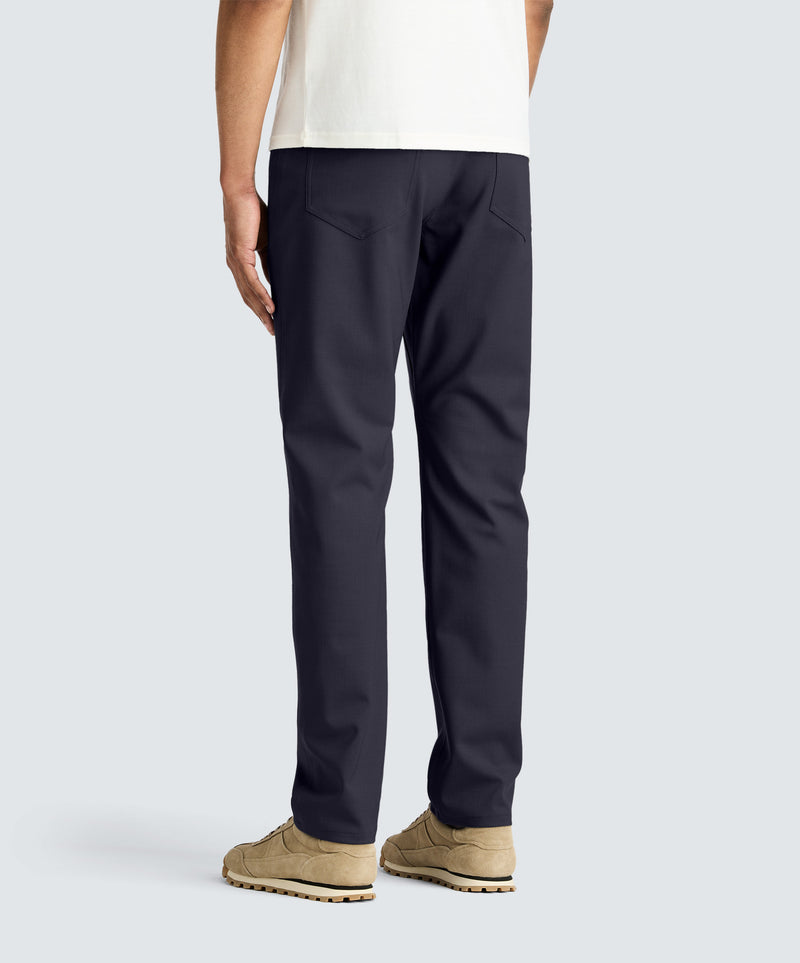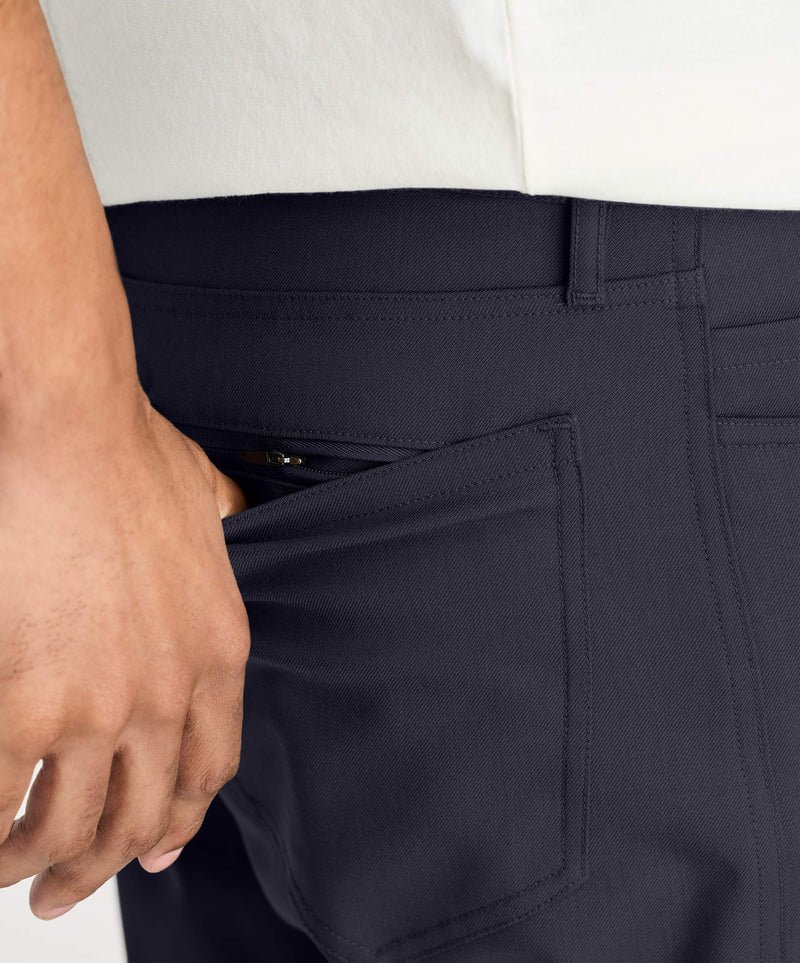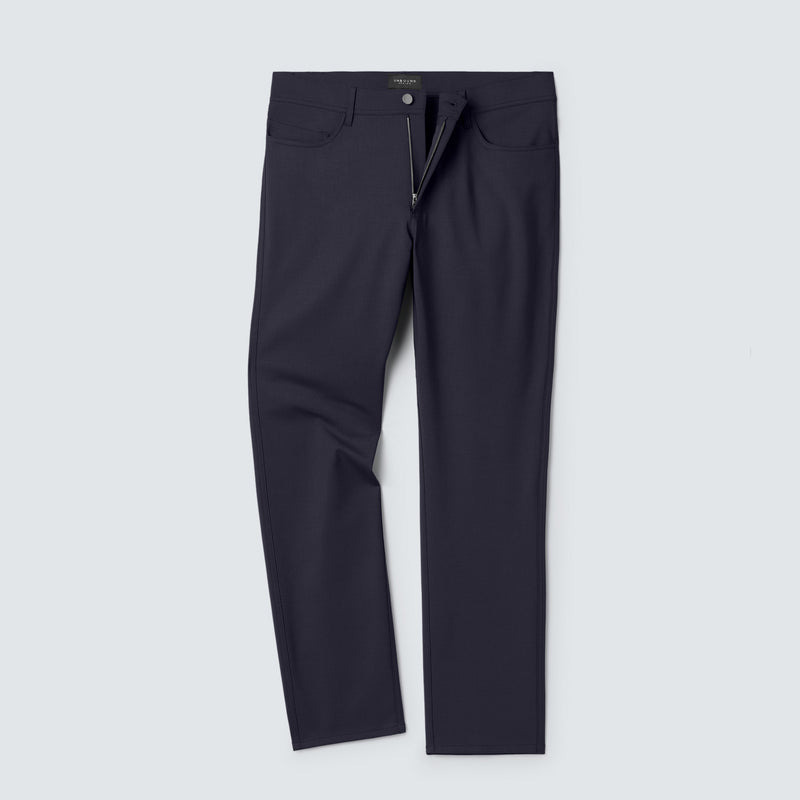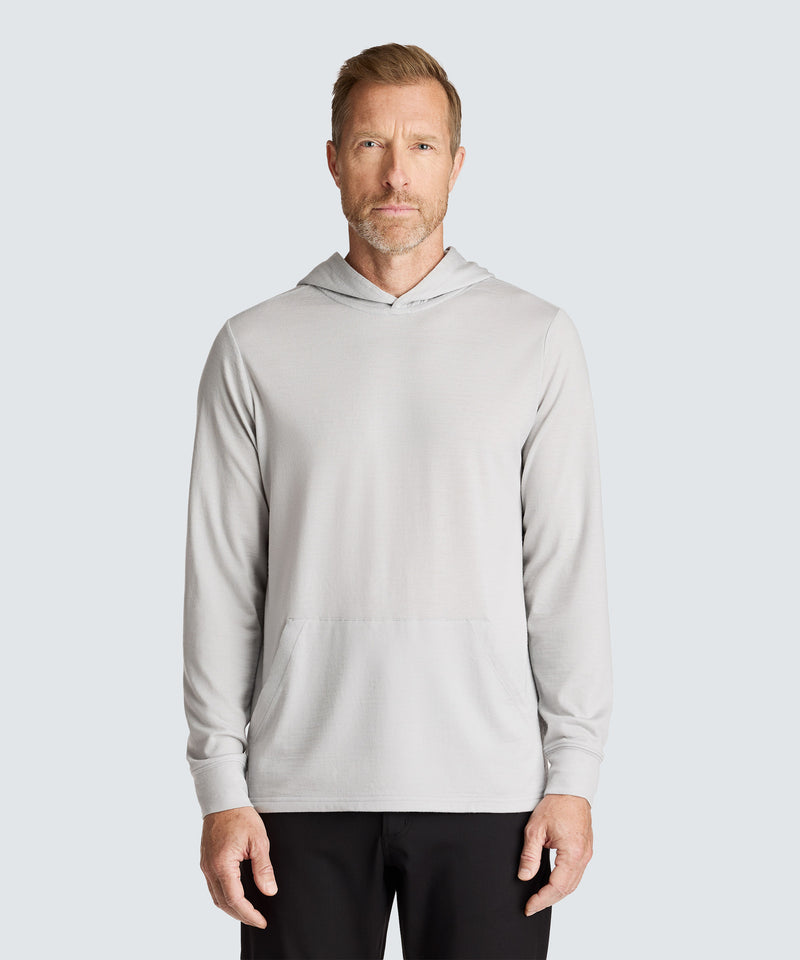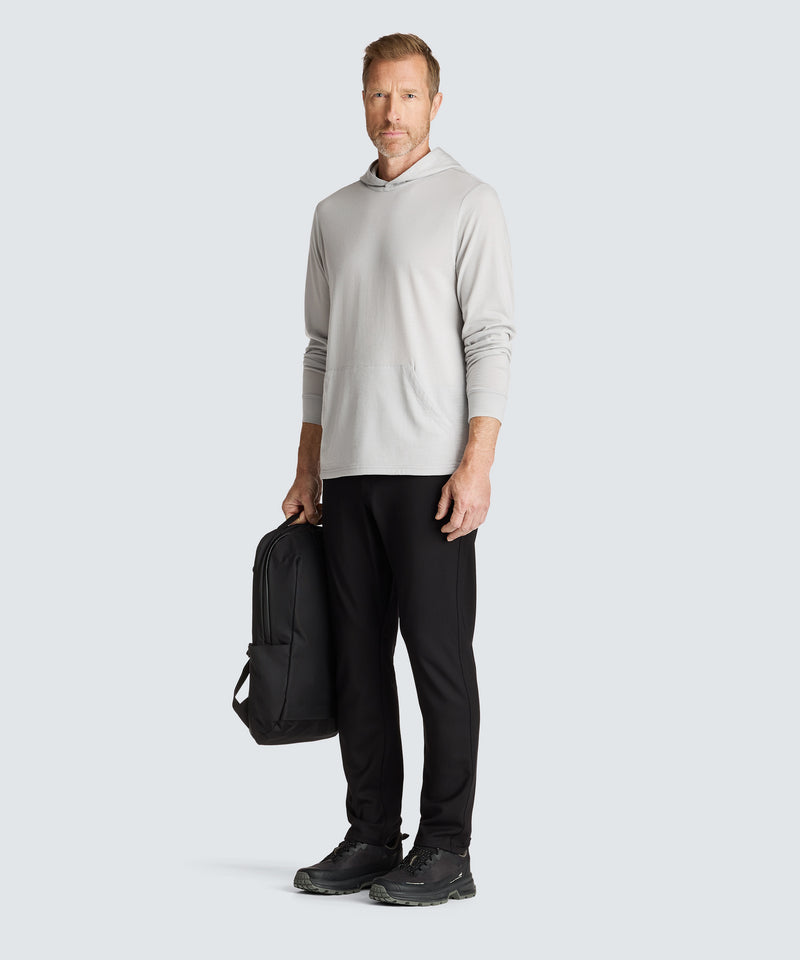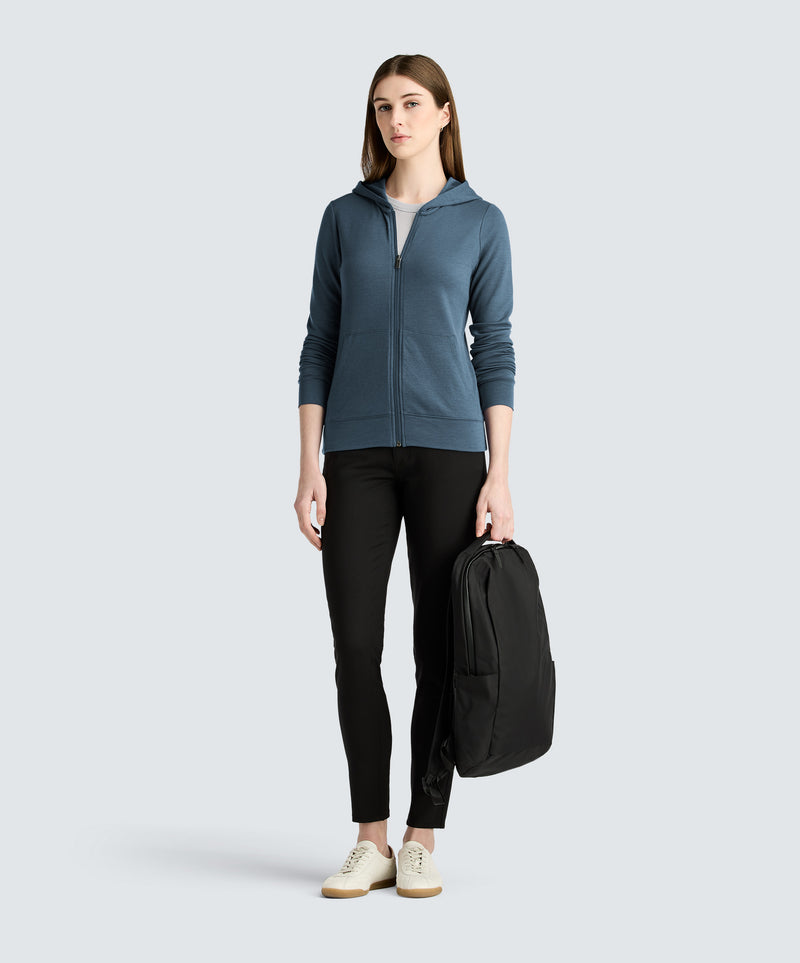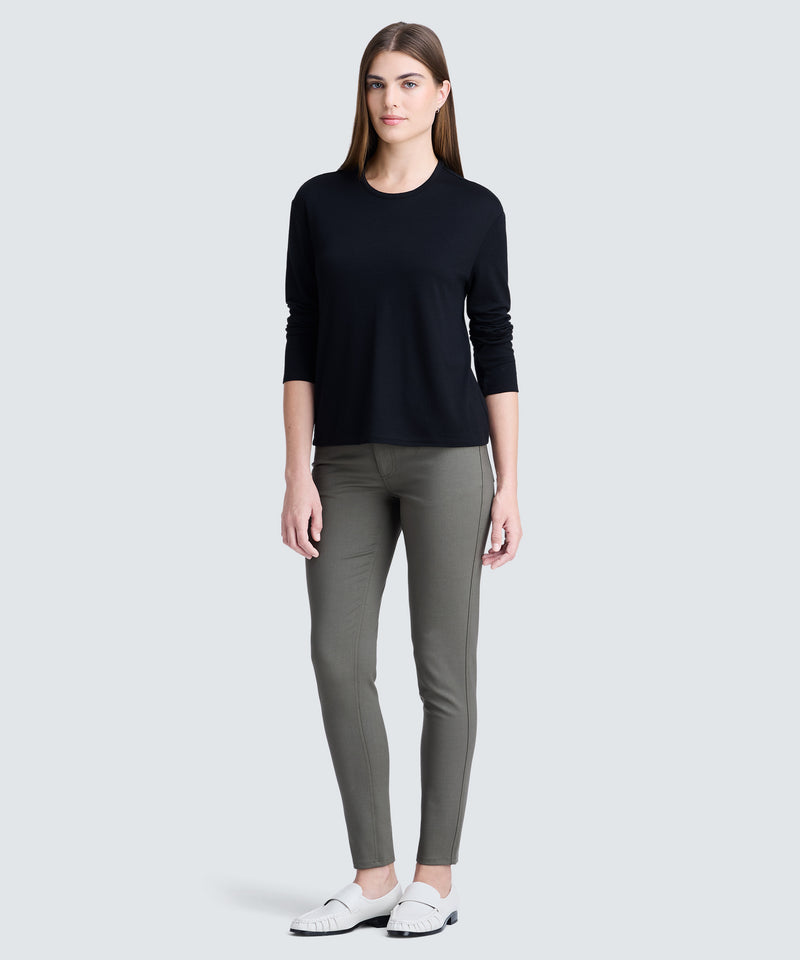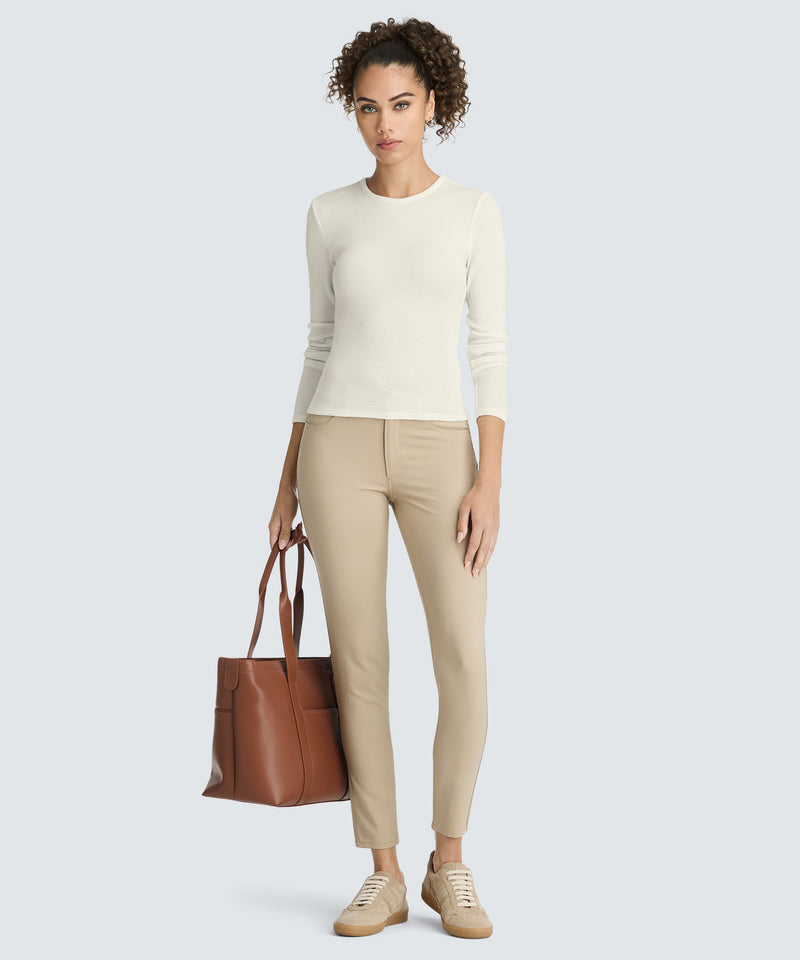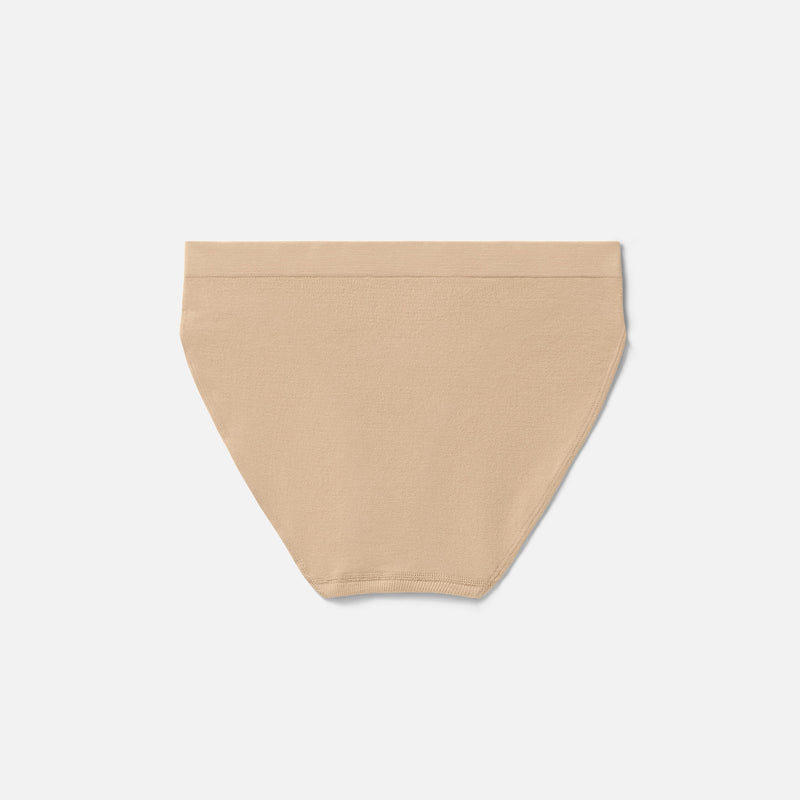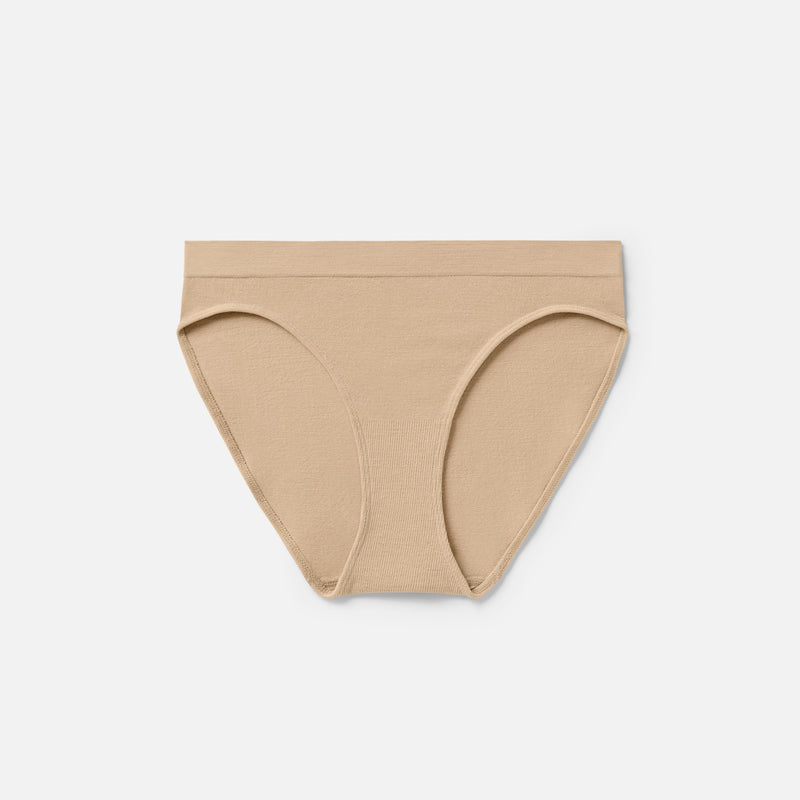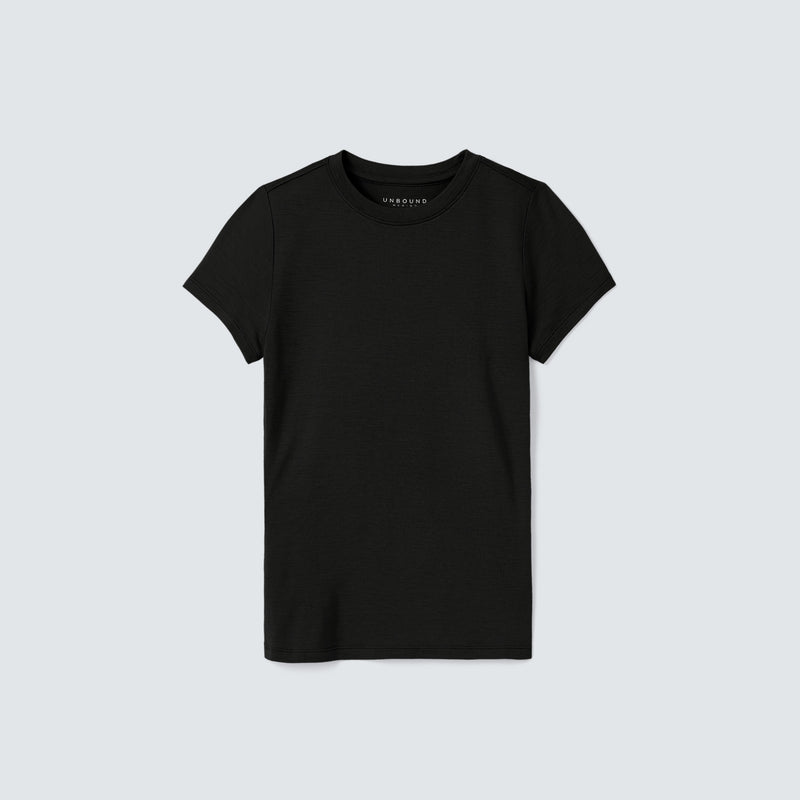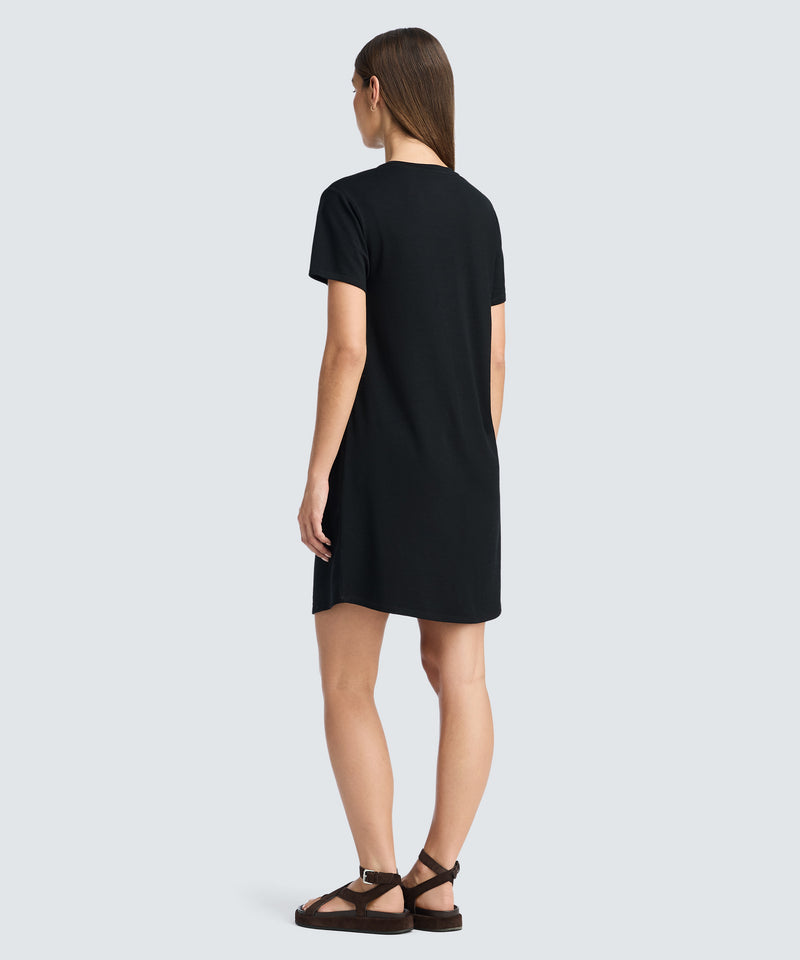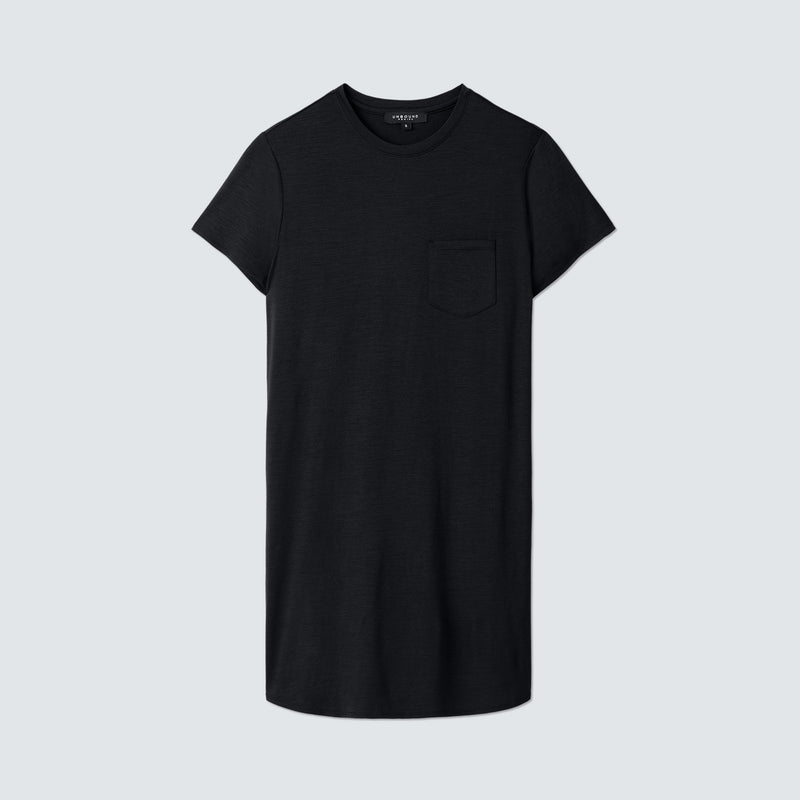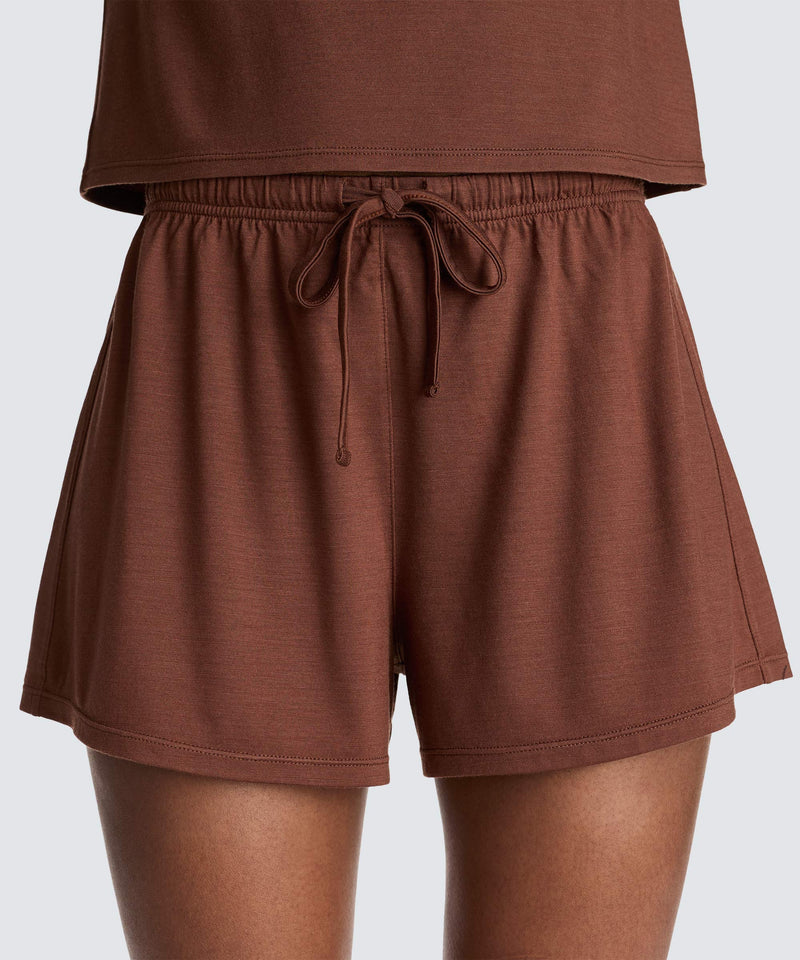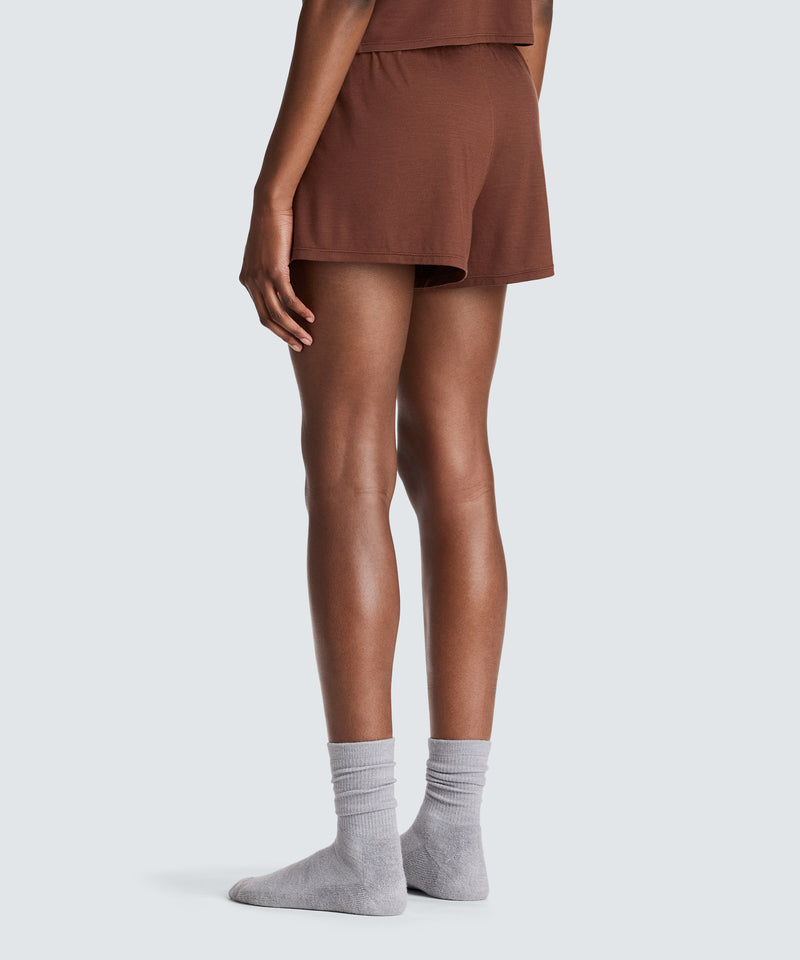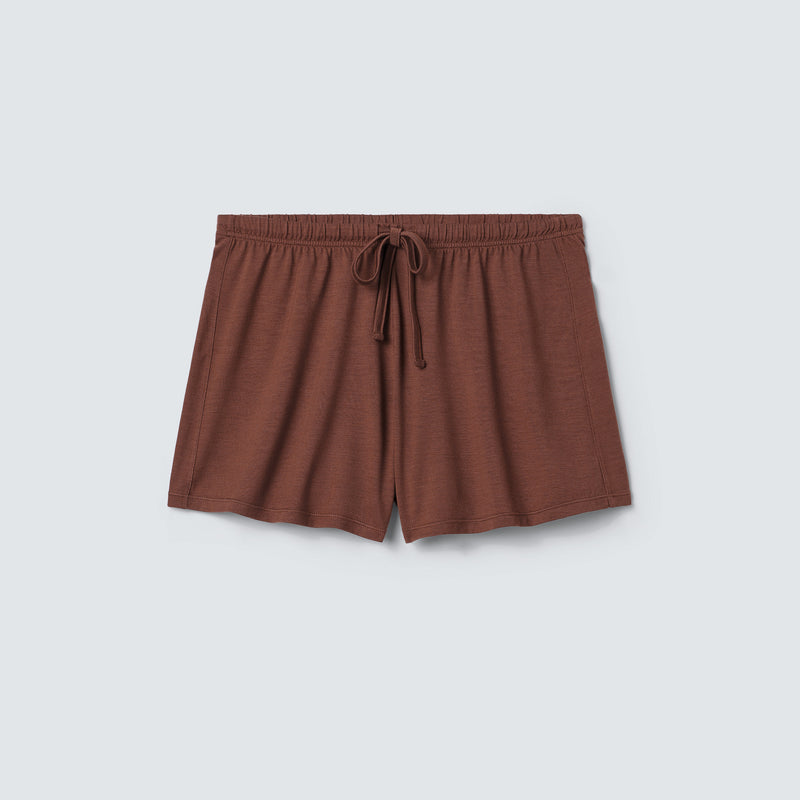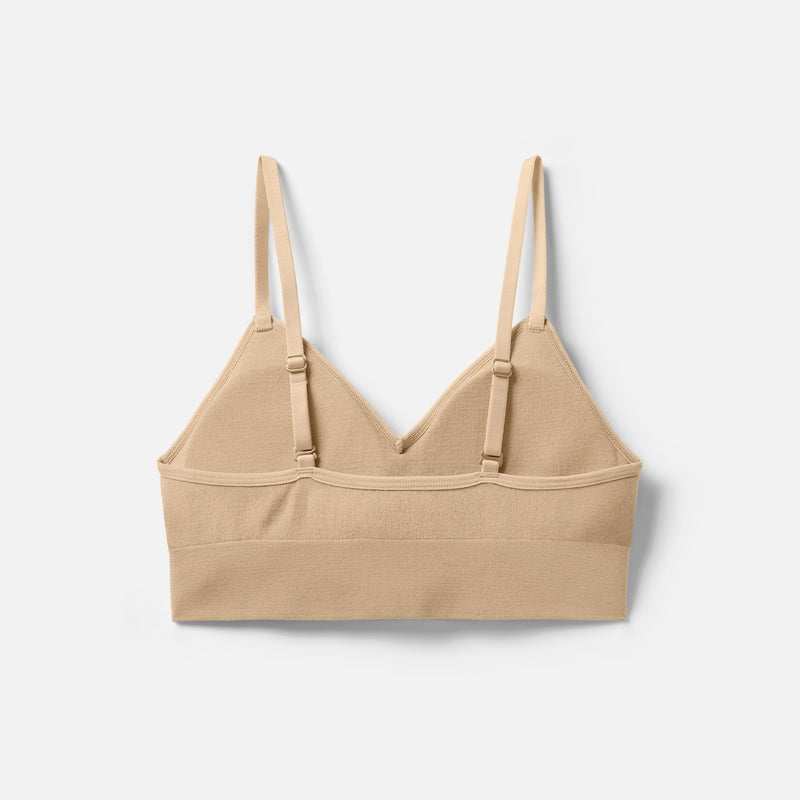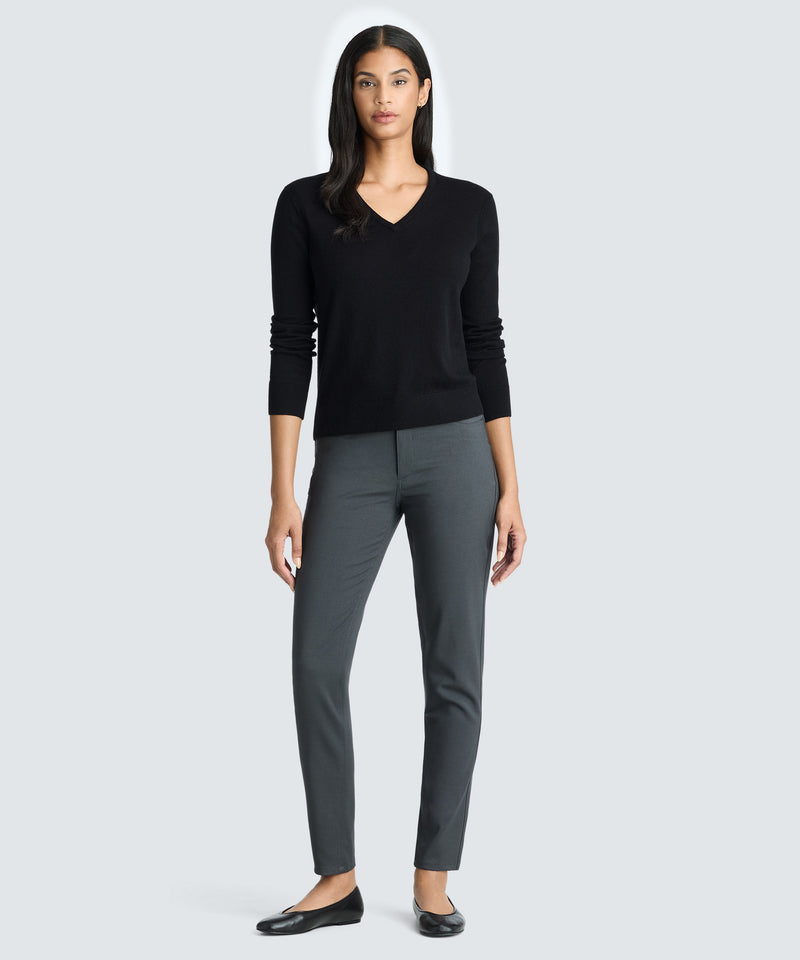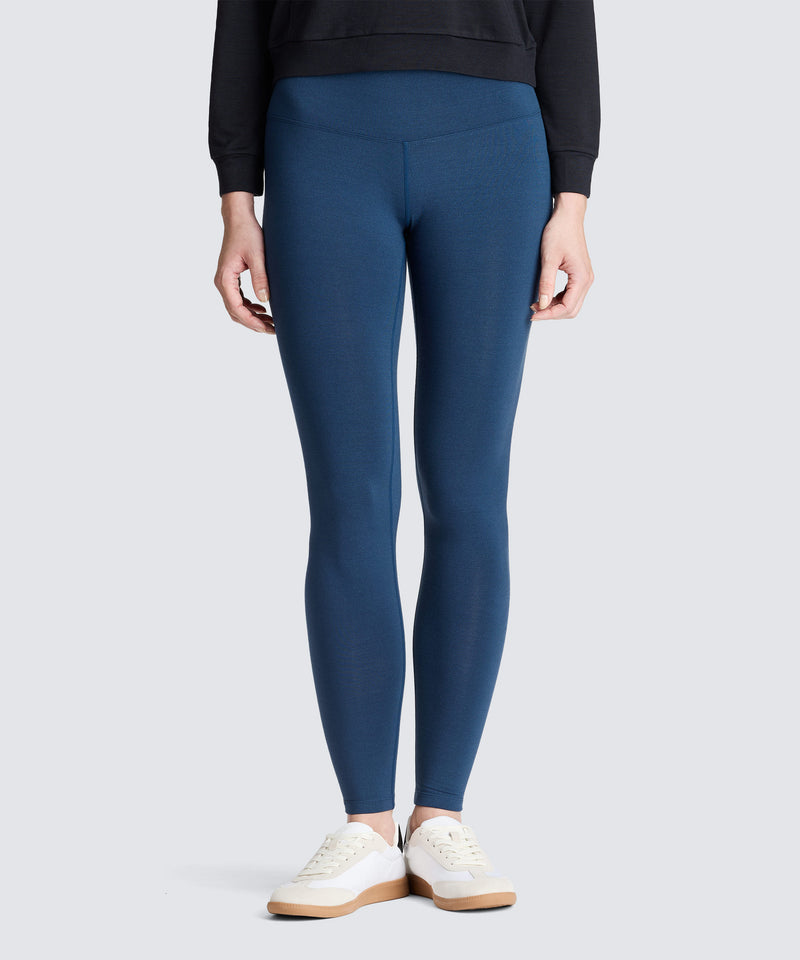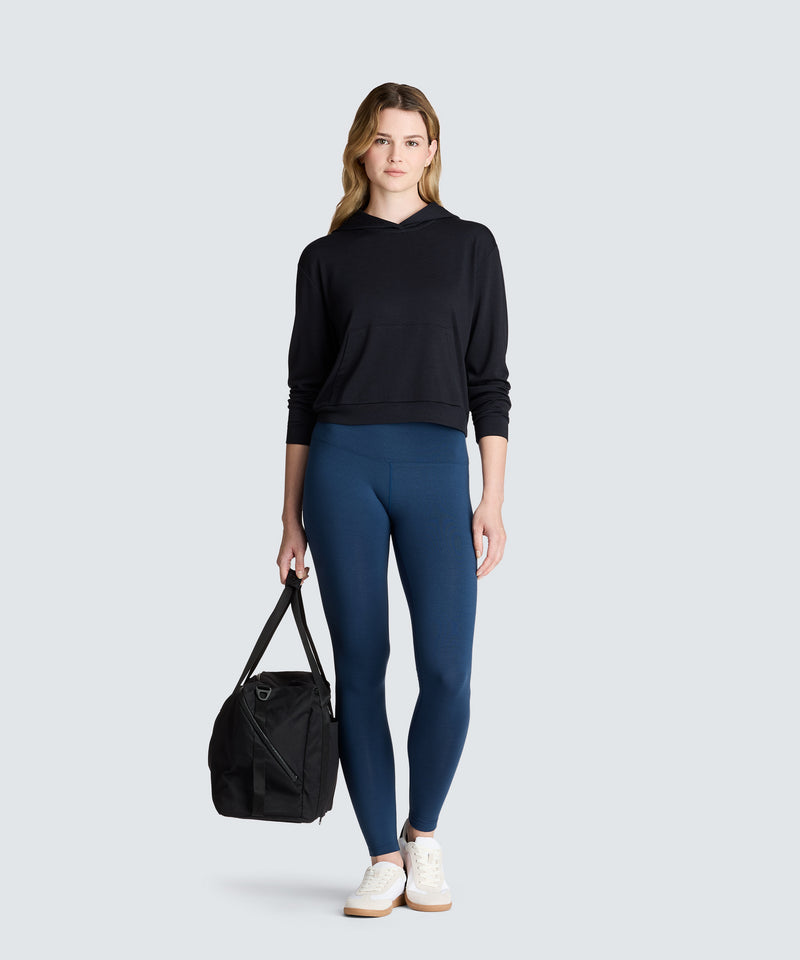Gear and Packing
Packing Smarter, Not Harder: Essential Carry-On Tips
Updated: September 11, 2024
Traveling with only a carry-on bag can feel like an art form. Picture this: it’s an early morning flight, and you’re groggy from lack of sleep, standing at the check-in counter with a bag that’s just slightly over the weight limit. As the contents spill out onto the floor, you frantically attempt to rearrange and discard non-essentials. The security line looms ahead, and the frustration is palpable.
This scenario is all too common, but it doesn’t have to be. Packing smarter, not harder, can transform travel stress into smooth, hassle-free adventures.
This guide aims to provide detailed insights into mastering the carry-on, ensuring that the right items are packed, unnecessary bulk is avoided, and space is maximized. By following these essential tips, travelers can breeze through security and start their journey on the right foot.
Understanding Carry-On Regulations
Navigating airline regulations can be tricky, but understanding them is crucial for efficient packing. Each airline has its own set of rules regarding the size and weight of carry-on luggage. Generally, the standard dimensions for a carry-on bag are 22 x 14 x 9 inches – but always check specific airline policies before traveling.
International vs. Domestic Flights
Regulations can vary significantly between international and domestic flights. International carriers might have stricter size limits, and weight allowances can differ. Researching the guidelines for each leg of the journey can prevent unpleasant surprises at the airport.
Prohibited Items
The last thing you want is to roll up to security with prohibited items – it’s a timely headache that can seriously disrupt the flow of your travel day.
Items like liquids and gels must adhere to the TSA’s 3-1-1 rule: each liquid must be in a container of 3.4 ounces (100 milliliters) or less, all containers must fit into a single quart-sized bag, and only one bag is allowed per passenger. Sharp objects such as knives and scissors are prohibited, as are certain electronics like hoverboards and large lithium batteries. Always consult the TSA and airline websites for the most current list of prohibited items.
Essential Items to Pack
Efficient packing starts with the essentials, ensuring that nothing vital is left behind. Knowing what to pack can mean the difference between a smooth trip and one filled with inconveniences. Essential items are those you can’t do without, covering everything from travel documents to clothing. A strategic approach to packing ensures that all critical items are included without overloading your bag. Let’s delve into the must-have items that will keep you prepared for any situation during your travels.
Travel Documents
Always keep travel documents like passports, tickets, and itineraries accessible. Having a designated travel wallet can help organize these items and keep them secure. Include copies of important documents in case originals are lost or stolen.
Personal Items
Personal items such as a wallet, keys, phone, and chargers are indispensable. These should be packed in an easily accessible pocket or compartment. A portable power bank is also recommended to keep devices charged on the go.
Clothing
Packing versatile, wrinkle-resistant clothing is key. Here, Merino wool clothes are king. They have lightweight, breathable, and odor-resistant properties. They can be worn multiple times without needing a wash, making them perfect for compact travel. And on top of it all, they’re comfortable. Bring a mix of layers to adapt to different climates and activities, including a lightweight jacket, comfortable shoes, and a versatile scarf or shawl. Layer these clothes on the plane to save space in your carry-on.
Toiletries
Opt for travel-sized toiletries to save space and adhere to liquid restrictions. Essential items include toothpaste, a toothbrush, deodorant, and any skincare products. A small first aid kit can also be a lifesaver. Consider solid toiletries, such as shampoo bars and soap, to reduce liquid items and the risk of spills. Alternatively – if you’re running out of room in your carry-on bag – you can always purchase these items for a nominal cost at your destination.
Medication
Ensure that all necessary prescription medications are packed, along with a few basic over-the-counter items like pain relievers and motion sickness tablets. Carry medications in their original packaging to avoid issues at customs.
Snacks and Hydration
Healthy travel snacks like nuts, dried fruit, and protein bars can keep energy levels up. A refillable water bottle is essential for staying hydrated, especially during long flights. Most airports have water fountains or refill stations past security.

Credit: Visionair Media Via Pexels
What Not to Pack
Just as important as knowing what to pack is knowing what to leave behind. Overpacking can lead to a heavy, unwieldy bag and unnecessary stress at the airport. Identifying items that can stay at home will help streamline your packing process and ensure you have room for what truly matters. This section will explore common pitfalls in packing and highlight items that often end up being more of a burden than a benefit.
Bulky Items
Bulky clothing and shoes can take up valuable space. Opt for lightweight, compact alternatives whenever possible. For example, a packable down jacket can provide warmth without taking up much space.
Duplications
Packing multiple similar items is a common mistake. Streamline your wardrobe by choosing pieces that can be mixed and matched. Limit shoes to two pairs: one comfortable pair for walking and one dressier option if needed.
Unnecessary Gadgets
Only pack electronics that are absolutely necessary. A smartphone, tablet, or e-reader can serve multiple purposes, reducing the need for additional devices. Consider downloading movies, books, and music in advance to avoid carrying physical media.
Expensive Items
Leave valuables at home unless absolutely necessary. If bringing expensive items, ensure they are properly insured and securely packed. Keep them in your personal item or a hidden compartment within your carry-on.
Space-Saving Hacks
Mastering the art of packing means using every inch of your carry-on wisely. Space-saving hacks can transform a seemingly small bag into a perfectly organized travel companion. From innovative packing methods to clever use of accessories, these tips can help maximize your bag’s capacity while keeping everything easily accessible. Let's explore some of the most effective ways to pack efficiently and make the most out of the limited space available.
Rolling vs. Folding
Rolling clothes instead of folding them can save space and minimize wrinkles. This method works particularly well for items like t-shirts and pants. Try rolling each item tightly and packing them side by side.
Compression Bags
Using vacuum-seal compression bags can significantly reduce the bulk of clothing, making it easier to fit everything into a carry-on. These bags are especially useful for bulky items like sweaters and jackets.
Packing Cubes
Packing cubes help organize items efficiently, making it easier to find what’s needed without rummaging through the entire bag. They come in various sizes, allowing you to categorize and compartmentalize your belongings.
Multi-use Items
Choosing versatile clothing and accessories can save space. For example, a sarong can double as a scarf, blanket, or beach towel. Look for items that serve multiple purposes to reduce the number of items packed.
Shoes
Stuffing small items like socks or chargers inside shoes can make use of otherwise wasted space. Place shoes in shoe bags or plastic bags to keep them separate from your clothes.
Layering
Wearing the bulkiest items on the plane, such as a heavy jacket or boots, can free up space in the carry-on. This strategy also keeps you prepared for different temperatures on the plane and at your destination.
Merino Wool Clothing
Packing Merino wool clothing is a brilliant space-saving hack. These clothes are not only lightweight and compact but also offer excellent insulation, breathability, and odor resistance. They can be worn multiple times without washing, reducing the need for packing multiple outfits.
Packing Strategies
Strategic packing can make the difference between a well-organized carry-on and a chaotic mess. Employing effective strategies ensures that you use space efficiently and keep essential items accessible. From choosing the right time to pack to utilizing a packing checklist, these strategies help create a streamlined packing process that reduces stress and enhances travel experiences. Let’s dive into some tried-and-true packing strategies that will help you stay organized and prepared for any trip.
The Right Time to Pack
Packing early can prevent last-minute stress and ensure nothing important is forgotten. Creating a packing timeline and checklist can help manage this process. Start with items that are rarely used and finish with daily essentials.
Packing Checklist
A comprehensive packing checklist is invaluable. It ensures that all essentials are packed and helps identify any items that might have been overlooked. Include categories such as clothing, toiletries, electronics, documents, and personal items.
Organizing Your Bag
Proper organization can make accessing items easier and more efficient.
- Heavy Items First: Placing heavy items at the bottom of the bag can distribute weight more evenly and make the bag easier to handle.
- Accessibility: Keep essential items like travel documents, snacks, and electronics within easy reach.
Test Runs
Practicing packing before the trip can help ensure everything fits and identify any potential issues. Unpack and repack a few times to refine your system.
Smart Packing Tools and Gadgets
In today’s tech-savvy world, a variety of innovative tools and gadgets are available to make packing more efficient and travel more enjoyable. Investing in the right gear can save time, reduce stress, and ensure you stay organized throughout your journey. Some useful and practical tools that can enhance your packing process and overall travel experience include:
- Portable Luggage Scale: A portable luggage scale can help avoid overweight baggage fees by ensuring the carry-on meets weight limits. Check the weight at home before heading to the airport.
- Travel Laundry Bag: A compact travel laundry bag can keep dirty clothes separate from clean ones, making it easier to stay organized. Look for a bag that can double as a laundry sack or compression bag.
- Universal Adapters: A universal adapter ensures that electronic devices can be charged regardless of the destination's outlet type. Some models also include USB ports for added convenience.
- Collapsible Water Bottle: A collapsible water bottle saves space when not in use and can be filled once through security. Look for a bottle that is easy to clean and has a leak-proof design.
- Travel-Sized Containers: Travel-sized containers for toiletries help adhere to liquid restrictions and save space. Silicone travel bottles are durable and easy to refill.
- Locks and Tags: Using locks and tags can secure the bag and make it easier to identify on the carousel. Look for TSA-approved locks that can be opened by security without damaging the lock.
- RFID Blockers: RFID blocking wallets protect personal information from being scanned and stolen, providing an extra layer of security. These are especially useful for passports and credit cards.
- Hidden Compartments: Hidden compartments in the bag can keep valuables safe and out of sight. Choose a bag with built-in security features like lockable zippers and cut-resistant straps.
- Backup Copies: Having digital copies of important documents, such as passports and itineraries, can be a lifesaver in case of loss or theft. Store copies on a secure cloud service or email them to yourself.
Not all of these are necessary – and you’d wind up with an overstuffed bag if you chose to include them all. Instead, consider picking the few items on the list that speak to your concerns.

Credit: Vlada Karpovich Via Pexels
Environmental Considerations
Traveling responsibly includes making choices that minimize the environmental impact. Eco-friendly packing not only helps protect the planet but can also enhance the travel experience. From selecting sustainable products to reducing waste, there are several ways to incorporate environmental considerations into your packing routine. This section will explore practical steps and products that can contribute to more sustainable travel.
Eco-Friendly Products
Opting for sustainable products can make travel more environmentally friendly. Merino wool travel clothing is an excellent choice, as it is a natural, biodegradable fiber. It also requires less frequent washing, which saves water and reduces detergent use.
Minimizing Waste
Reducing disposable items, such as single-use plastics, can significantly lower waste. Reusable containers, utensils, and shopping bags are great alternatives. Consider bringing a reusable coffee cup and cutlery set.
Reusable Containers
Swapping single-use containers for reusable ones can minimize waste and save space. Silicone bags, collapsible cups, and stainless-steel straws are eco-friendly options. These items are also more durable and versatile than their disposable counterparts.
Conscious Shopping
Support eco-friendly brands and products. Look for items made from recycled materials or those that have minimal packaging. Choose high-quality items that will last longer and reduce the need for frequent replacements.
Final Thoughts
Efficient packing is about more than just fitting everything into a bag; it’s about thoughtful choices and strategic organization. By understanding carry-on regulations, focusing on essential items, avoiding unnecessary bulk, and utilizing space-saving hacks, travelers can pack smarter and travel more comfortably. Incorporating smart packing tools and maintaining safety and security ensures a smooth journey. Additionally, making eco-friendly choices can contribute to a more sustainable travel experience.
This guide offers a comprehensive approach to mastering the art of carry-on packing, turning travel from a stressful endeavor into a seamless adventure. Whether embarking on a weekend getaway or an extended international trip, these tips and strategies will help travelers pack smarter, not harder, and enjoy their journey to the fullest.



